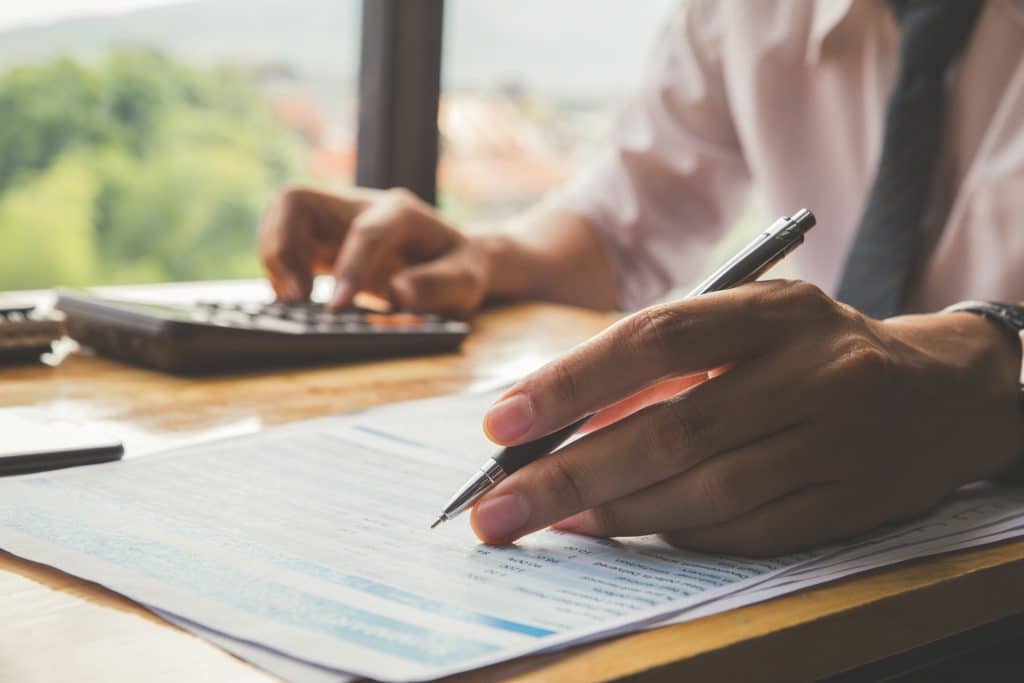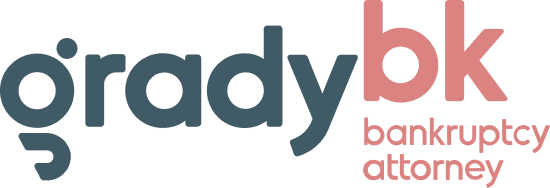Many people struggling with large amounts of debt feel isolated and overwhelmed. However, it’s essential to recognize that you are not alone in this struggle. Individuals, families, and businesses across the country continue to face seemingly insurmountable debts, raising stress levels and making it difficult to remain hopeful about the future. Rather than waiting until it’s too late, let’s start thinking about your debt relief options. If you are considering pursuing a Chapter 13 bankruptcy in Central New York & The North Country, here is some basic information about the process and what steps you need to take to regain control of your financial situation.
How Chapter 13 Bankruptcy Works
Chapter 13 bankruptcy allows you to establish a repayment plan, during which you can repay a percent of your unsecured debts (credit cards, personal loans, medical bills, social security or unemployment overpayments, repossessions, etc.) over the course of a 3 to 5 year period. Your disposable income will be used to pay back a percent of your unsecured debt, and you will have the opportunity to catch up on mortgage or vehicle payments. You will also be able to pay back any property taxes or income taxes. When you file for Chapter 13 bankruptcy relief, the court will appoint a trustee to collect your payments and distribute them to your creditors. You will start rebuilding your credit as soon as the bankruptcy is filed. When the repayment period ends, your remaining unsecured debts will be discharged (wiped away), and you will have taken steps to rebuild your credit.
Qualifying For Chapter 13 Bankruptcy in Central New York & The North Country
In order to qualify for Chapter 13 bankruptcy relief in Central New York and the North Country, you will need to meet certain criteria. First, you must demonstrate that you have a steady source of income, as you will need to make consistent payments to the bankruptcy trustee. You must also show that you are current on your tax filings (if you have unfiled tax returns, you will want to get those filed before the bankruptcy is filed). In order to qualify for a Chapter 13 discharge (debt is wiped away), you can not have received a Chapter 13 discharge within the two years before the current bankruptcy is filed (or received a Chapter 7 discharge within the four years before the current bankruptcy is filed). If you have received a prior discharge within the above timeframes you can still file another Chapter 13 bankruptcy if you need to stop a foreclosure or repossession, or need to pay back property taxes, you just won’t be able to wipe away any unsecured debt.
Advantages of Chapter 13 Bankruptcy
One of the most attractive advantages of Chapter 13 bankruptcy is that you will be able to prevent foreclosure on your home while you catch up on mortgage and/or property tax payments. This form of bankruptcy relief works well for those who have a steady income but have fallen behind on mortgage payments or other types of payments. Once you file for Chapter 13 bankruptcy, an automatic stay takes effect, preventing creditors and debt collectors from hounding you for money, suing you, or continuing with a foreclosure or repossession. You’ll receive a bit of breathing room while you focus on getting your finances organized. Moreover, a Chapter 13 bankruptcy will not show up on your credit report for as long as a Chapter 7 bankruptcy will.
Documents You Need to Initiate a Chapter 13 Bankruptcy Filing
Before you file for bankruptcy, you will want to discuss your situation with a knowledgeable New York bankruptcy attorney. Should you decide to move forward with a Chapter 13 bankruptcy filing, you’ll need to provide certain documents to prepare the bankruptcy petition that gets filed with the Bankruptcy Court. You’ll need things like pay stubs, proof of other income, tax returns, and titles to vehicles to name a few. Your credit report will be pulled but you will want to gather all your bills and make a list of everyone you owe money to. You and your attorney will also put together a list of everything you own (you keep all your property) and put together a budget for you. You will also want to make a list of any questions you have to review with the attorney.
Steps to Expect After Filing For Chapter 13 Bankruptcy Relief
Once your attorney files the bankruptcy petition with the Bankruptcy Court, the automatic stay is immediately created. The automatic stay is what prevents creditors from trying to collect against you, sue you, or continue with a foreclosure/repossession. The Bankruptcy Court will notify all your creditors that the bankruptcy has been filed and that you are protected. Part of the bankruptcy petition includes a Bankruptcy Plan. The Bankruptcy Plan indicates how much you are going to pay each month, which creditors you are going to pay, and how the creditors will be paid. Once the Bankruptcy Court approves the Bankruptcy Plan, the trustee will start distributing funds to your creditors.
Avoiding Delinquent Payments
The Bankruptcy Court usually strives to ensure the terms of your repayment plan are reasonable. However, there are times when you may struggle to keep up with the payments and fall behind. It’s best to communicate with your attorney as soon as you get behind so that the arrears don’t snowball. In some cases, you may be able to modify the repayment plan to help you fulfill your obligations (i.e. reduce the payment because you lost your job/retired, are going through a divorce, etc.). If you’re concerned about your ability to honor the terms of the repayment plan, contact your bankruptcy attorney right away to discuss your options.
Moving Toward a Brighter Financial Future
Even though many people struggle with large amounts of debt, a stigma persists that makes bankruptcy seem like a desperate or even shameful option. However, bankruptcy is often your best option for regaining control of your financial situation and starting to feel hopeful about the future once more. If you need help exploring your bankruptcy options in Central New York and The North Country, reach out to a compassionate and trusted attorney who can provide you with the information and encouragement you need to move forward. Together, you can take the necessary steps to obtain the financial “fresh start” you deserve.

